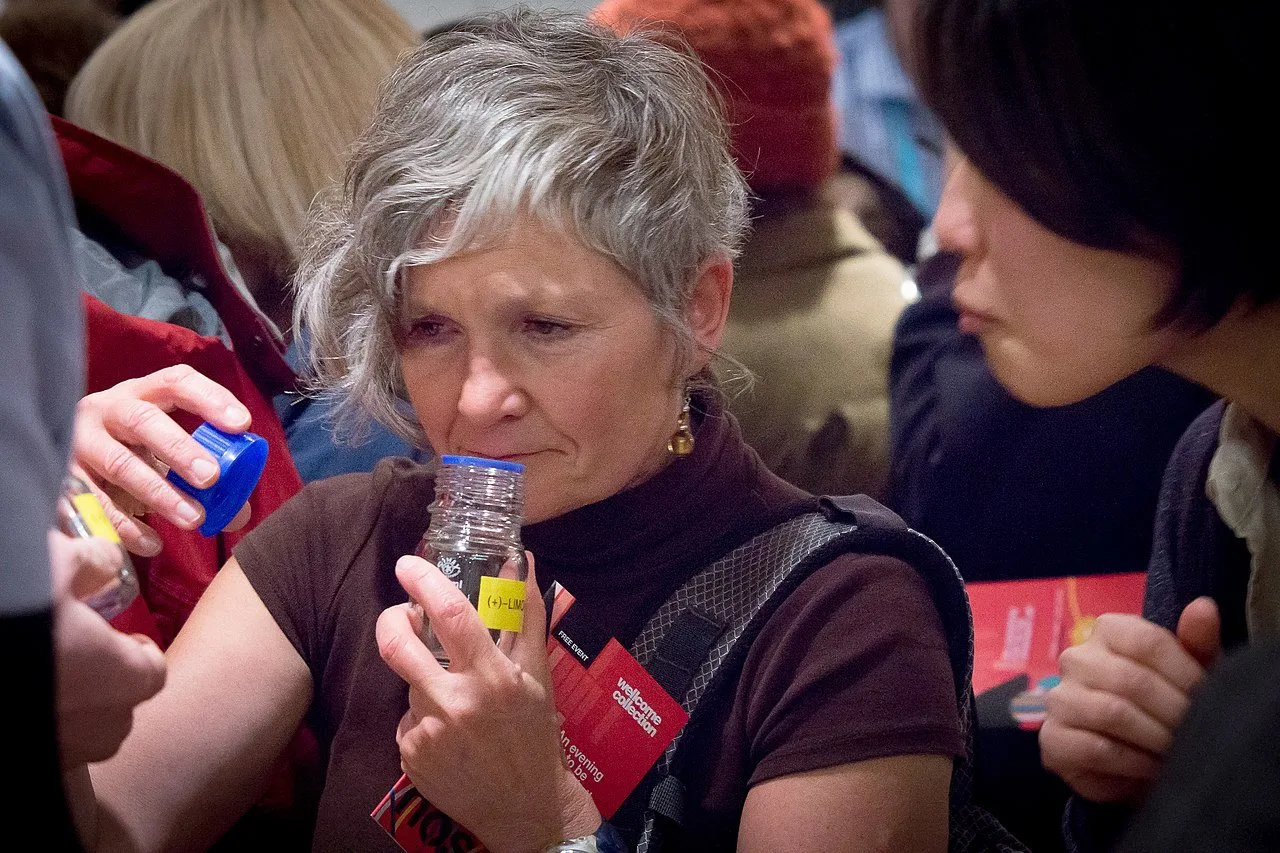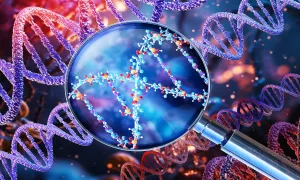The Woman Who Can Smell Parkinson’s Disease
Imagine possessing a sense so refined it could detect diseases. Joy Milne, a 72-year-old former nurse from Scotland, isn’t imagining it – she lives it. Milne has the extraordinary ability to smell Parkinson’s disease, offering a potential breakthrough in early detection and treatment.
The Unique Gift
Milne’s remarkable ability came to light when she noticed a subtle, musky odor emanating from her husband years before he was officially diagnosed with Parkinson’s. Initially dismissed, her observations were later validated by scientists who discovered that she could accurately identify individuals with the disease based solely on their scent.
How Does She Do It?
Researchers believe that Parkinson’s disease causes changes in the composition of sebum, an oily substance on the skin. These changes produce a unique scent that is imperceptible to most people but easily detectable by Milne’s highly sensitive nose. Scientists are working to isolate the specific molecules responsible for this odor, with the hope of developing a diagnostic test.
The Implications for Parkinson’s Research
Milne’s gift has the potential to revolutionize Parkinson’s research and diagnosis. A simple, non-invasive scent test could allow for earlier detection of the disease, potentially leading to earlier intervention and improved outcomes for patients. Currently, diagnosis often occurs after significant neurological damage has already taken place.
The Future of Diagnosis
While a commercially available scent test is still in development, the progress spurred by Milne’s unique ability is promising. Researchers are optimistic that this discovery will pave the way for new diagnostic tools and ultimately, better treatments for Parkinson’s disease.
Final Words
Joy Milne’s extraordinary sense of smell is not just a curiosity; it’s a beacon of hope for those affected by Parkinson’s disease. Her contribution to science highlights the importance of recognizing and investigating unique observations, as they may hold the key to unlocking medical breakthroughs.




+ There are no comments
Add yours